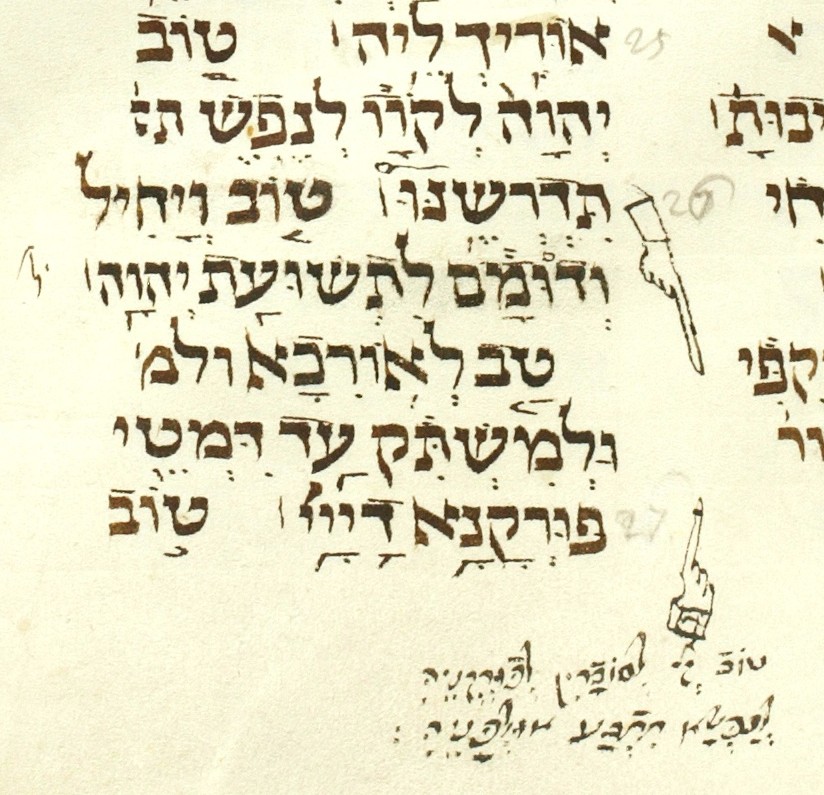Any who might have me on Facebook or Twitter will know that I have been reviewing applications for the last week or so. We have over 2400 applications, a new record, but a lot of work. Most of them are read by our faculty readers, God bless ’em. The application, which is in addition to the main PSU app, includes three essay questions. The first is:
When we look back at past generations, we’re sometimes amazed by what they tolerated or even embraced (or what they didn’t). What might future generations find amazing about us?
I liked the question because we are trying to get some sense of the applicants ability to reflect, think critically, and consider who others might perceive themselves. Many of the applications I read had very good responses, as you might expect from this level of students. But in the 63 applications that I read they all fell into one of X categories.
- The environment – Future generations will be amazed at how we could slowly destroy the world through our own greed for stuff. My problem with most of these answers was that they weren’t offering any real original thought or perspective, but were simply parroting the rhetoric that is so common today. To be fair to the students, they weren’t being any less articulate or thoughtful than most journalists. What I am looking for, however, is something like a consideration of how the different ways in which different communities use natural resources (e.g., US, China, Brazilian native communities) impact the environment in different ways and that there is not a “one size fits all” solution.
- Violence – Whether it is Iraq, Darfur, or domestic violence (such as the astronomical murder rate in New Orleans) many students believed that this would be the greatest head scratcher to future generations. In the case, I was stunned by the applicants lack of historical perspective. There have always been “wars and rumors of wars” and there always will be, if all of human history is anything to go by. Future generations may decry (and I hope they do) the violence of the past. One student went so far as to say that the “United Nations would become the United NATION.” It read like a manifesto from Gene Roddenberry. I am sympathetic to the goals and the hope that the future will be so at peace that the notion of war will be as foreign to them as a whale bone corset is to (most of) us. But a scholar should have a broader historical perspective, regardless of discipline, and a more critical view of the causes of conflict in the first place.
- Technology – Many students spoke about the uniqueness of their generation as being set apart as the first generation to have always known cell phones, the internet, personal computers, and the ubiquity of information. I think they are right. My age group was on the cusp of this and with a father who was a computer engineer from the late 50s onward my brother and I were in front of many. But our students today have a different set of assumptions. (Someday I will write more, perhaps a podcast with my brother who has given considerable thought to this, about whether or not this makes these kids truly distinctive. I don’t think so.) Again, one or two students had a Pollyanna-ish view that in the future technology would solve all our ills (almost a direct quote).
All in all these were very, very good applications. A last observation. Almost all of them wrote about “our generation” with reference to things that have only happened in the last four years or so (at the longest, during the Bush administration). I understand, they only really became conscious of the world around them at about age 11 or 12, but it is odd to read such a limited view of the world. But that is my job! To help them see how wide, deep, and long the human experience is.
These students are truly amazing, many with all sorts of research and travel experience already under their belt. Then again, I have to remember, they are only 17 or 18 years old (born in 1990!) and this is why I love my job, shaping people who shape the world.


